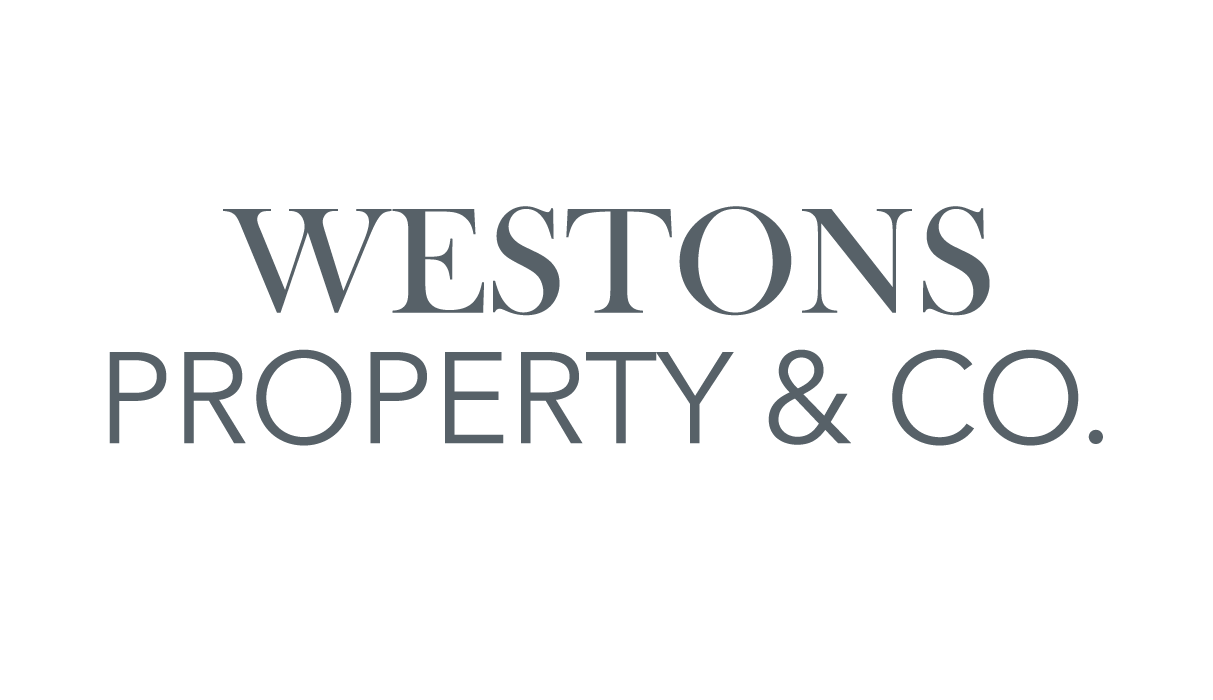
Water rates, pest control & mould: who’s responsible, landlord or tenant?
Common questions we are asked by property investors and tenants alike is who should pay water rates – the landlord or the tenant – and who is responsible for pest control and mould issues in tenanted properties.
Below, we’ve put together a quick guide for current and future landlords – bearing in mind that some situations are complex and might need individual legal advice. We hope this helps!
Who is responsible for water rates?
Landlords are responsible for paying service charges for water and sewerage, but you can ask tenants to pay for water usage. In NSW, a landlord can only ask a tenant to pay water usage charges if:
· the property is separately metered (or water is delivered by vehicle)
· the charges are not more than the amount the landlord is billed for by the water supplier
· the property meets water efficiency standards.
The landlord can request payment from the tenant for water usage charges within three months of a bill being issued. You need to provide the tenant with a copy of the bill and the tenant must be given at least 21 days to pay the water usage amount owing. Water usage charges should be paid separately to rent.
Because water billing periods are unlikely to align with tenancy agreements, the water meter reading should be noted on the condition report at the start and end of each tenancy to ensure the tenant is not paying for another tenant’s water usage.
Who is responsible for pest control?
Because landlords must ensure that their properties comply with health and safety laws, in most cases, they are held responsible for pest and vermin control of animals such as rats, mice, fleas, spiders, snakes, possums and termites. The main exception is if the pest’s presence was caused by the tenant’s lack of cleanliness or keeping a pet on the property.
Determining the causes of a pest infestation and when it occurred – and therefore who is responsible for removing or exterminating pests – is the tricky part. Obviously, if there is evidence of pests when the tenant moves in, it should have been noted on the property condition report and it is up to you as the owner to deal with the problem.
If the tenant reports an infestation of, say, mice or rats or possums, during the tenancy, you (or a qualified pest inspector) need to pinpoint the source – and if the vermin are getting in through, say, a hole in a wall, it’s your responsibility to fix the damage and the infestation.
When it’s clear that pests are the result of a tenant’s neglect – failing to dispose of food waste and rubbish properly or keeping a pet that has fleas – then it’s up to the tenant to deal with it. Most tenancy agreements require tenants who have had a pet living in the property to have a professional pest treatment carried out before they vacate.
If there are disputes about pest infestation and control between you and a tenant, check the advice on resolving rental problems at NSW Fair Trading.
Who is responsible if your rental has mould problems?
Just as pest infestations can be a health issue, mould can cause serious health problems too, particularly respiratory illnesses. There are many different types of mould but generally it grows indoors in damp areas that lack adequate ventilation – walls, ceilings, bathroom tiles, carpets and wardrobes are common culprits.
Adequate ventilation is one of the minimum standards that properties must meet to be considered fit to live in. Who is responsible depends on how the mould developed. For example, if mould developed from a build-up of moisture because the property didn’t have adequate ventilation, then you are responsible and must fix the problem. But if the mould developed during the tenancy because the tenant kept all the windows closed, didn’t turn on the bathroom fan, or didn’t heat the home to an adequate level to keep the home from feeling damp, then the tenant may be responsible.
If you are a landlord with a rental home in The Hills District or looking to invest in a property within the region and would like some local insights or property management expertise, please do not hesitate to get in touch.
